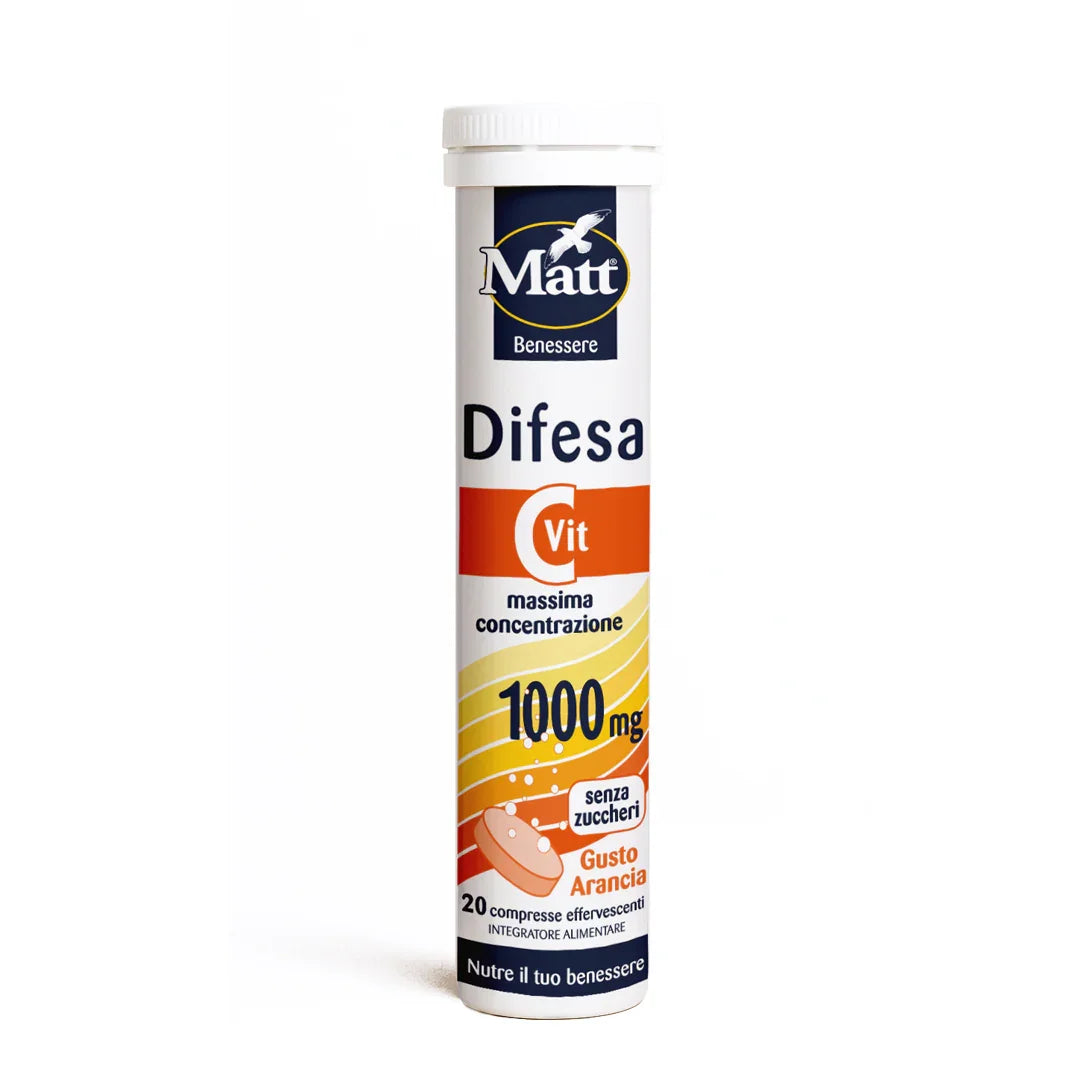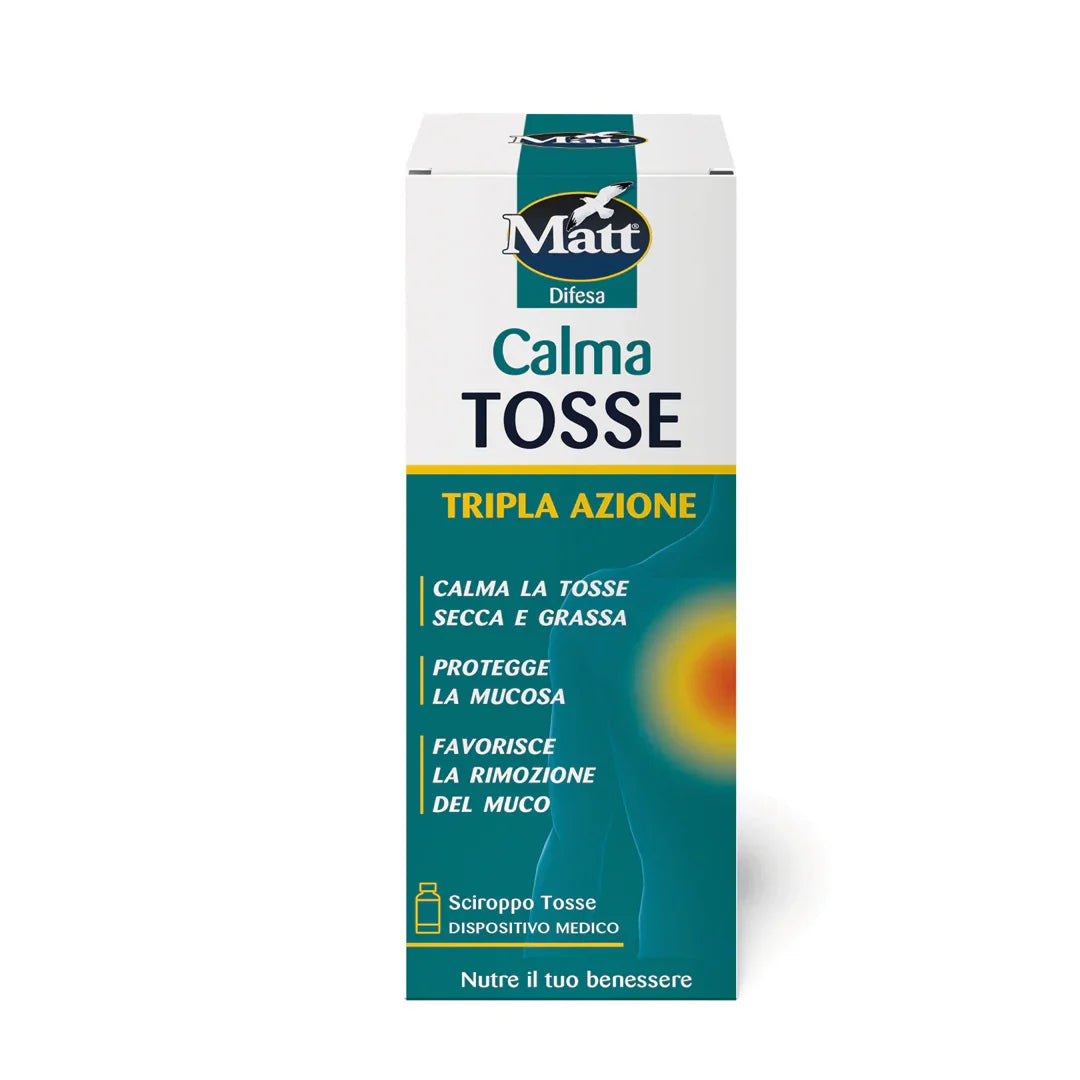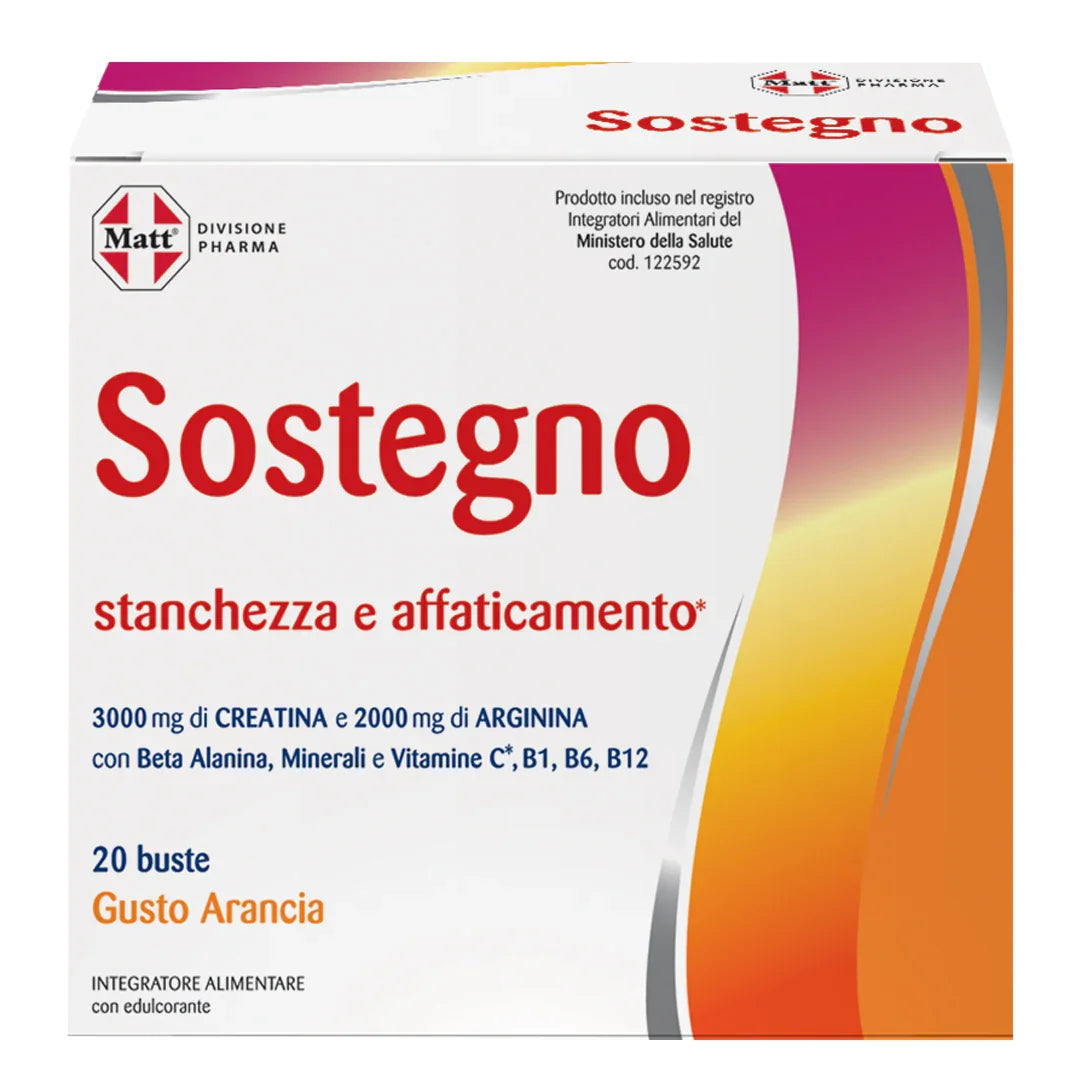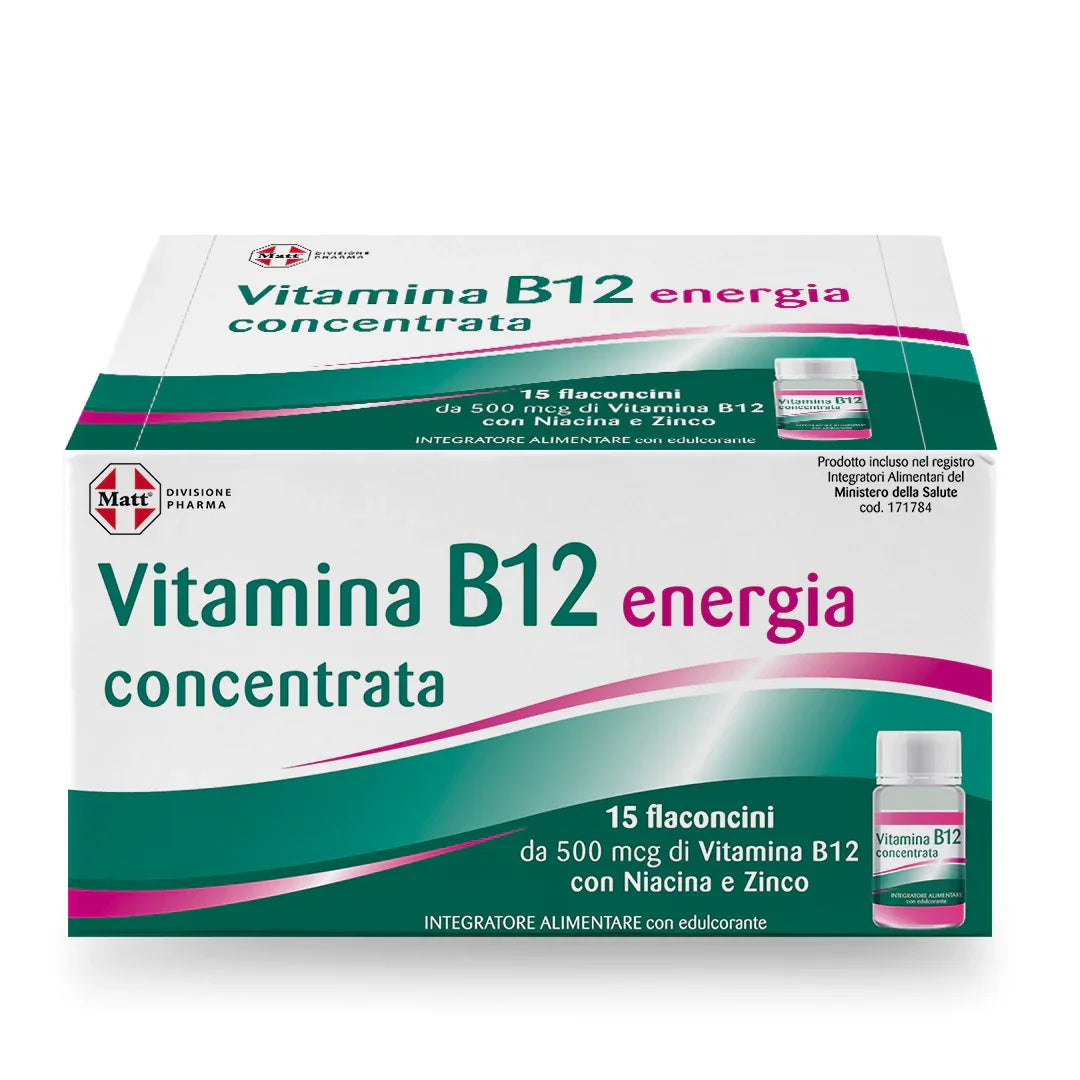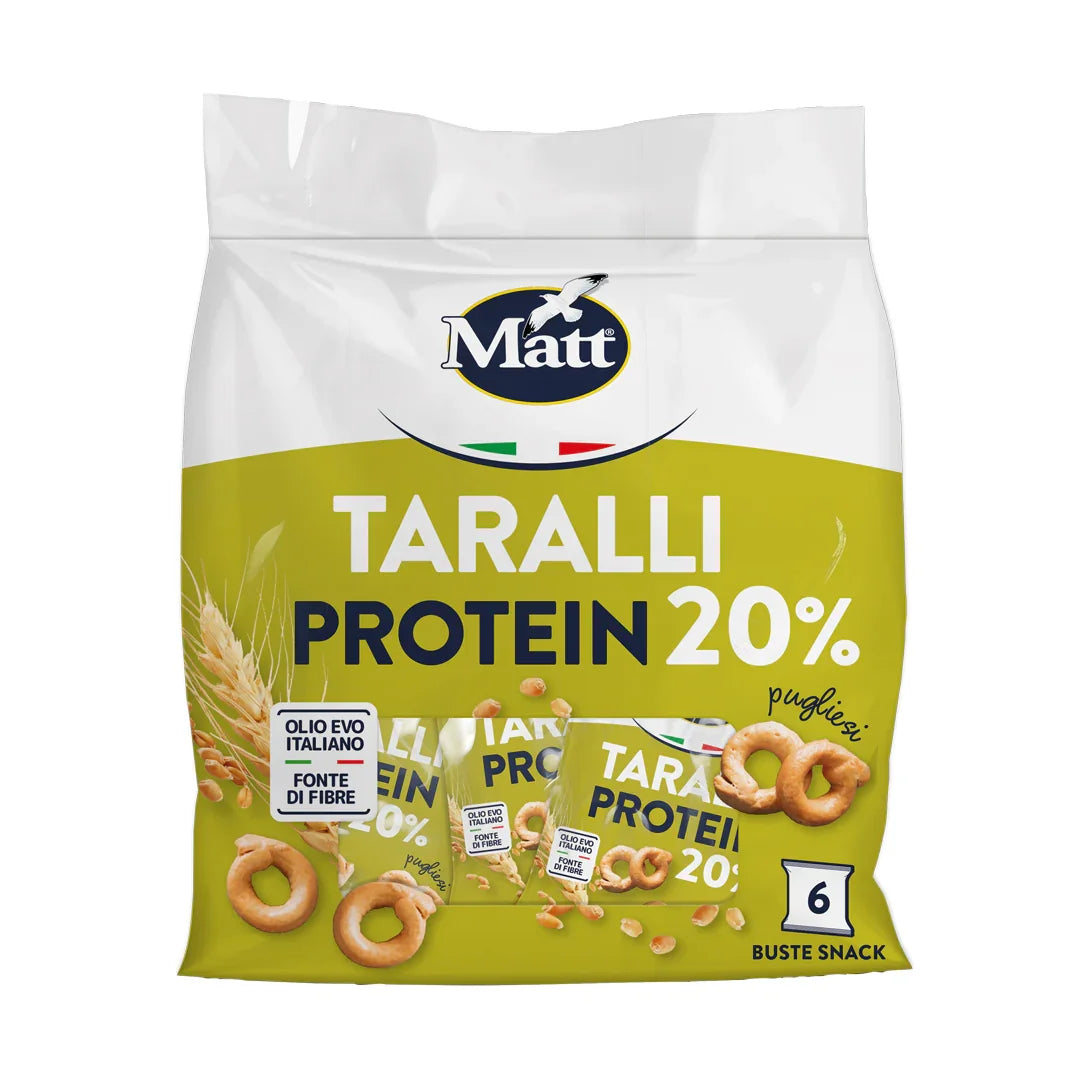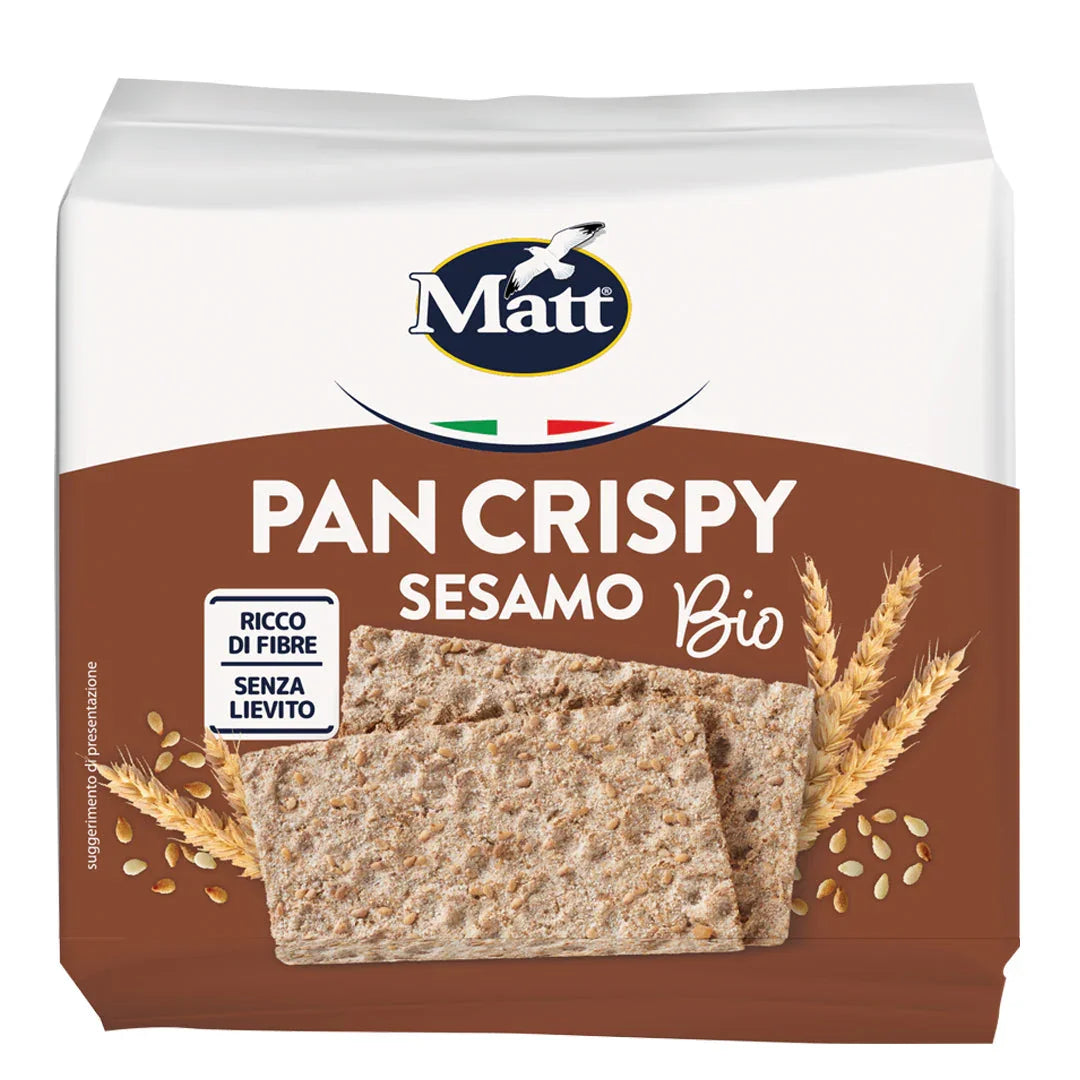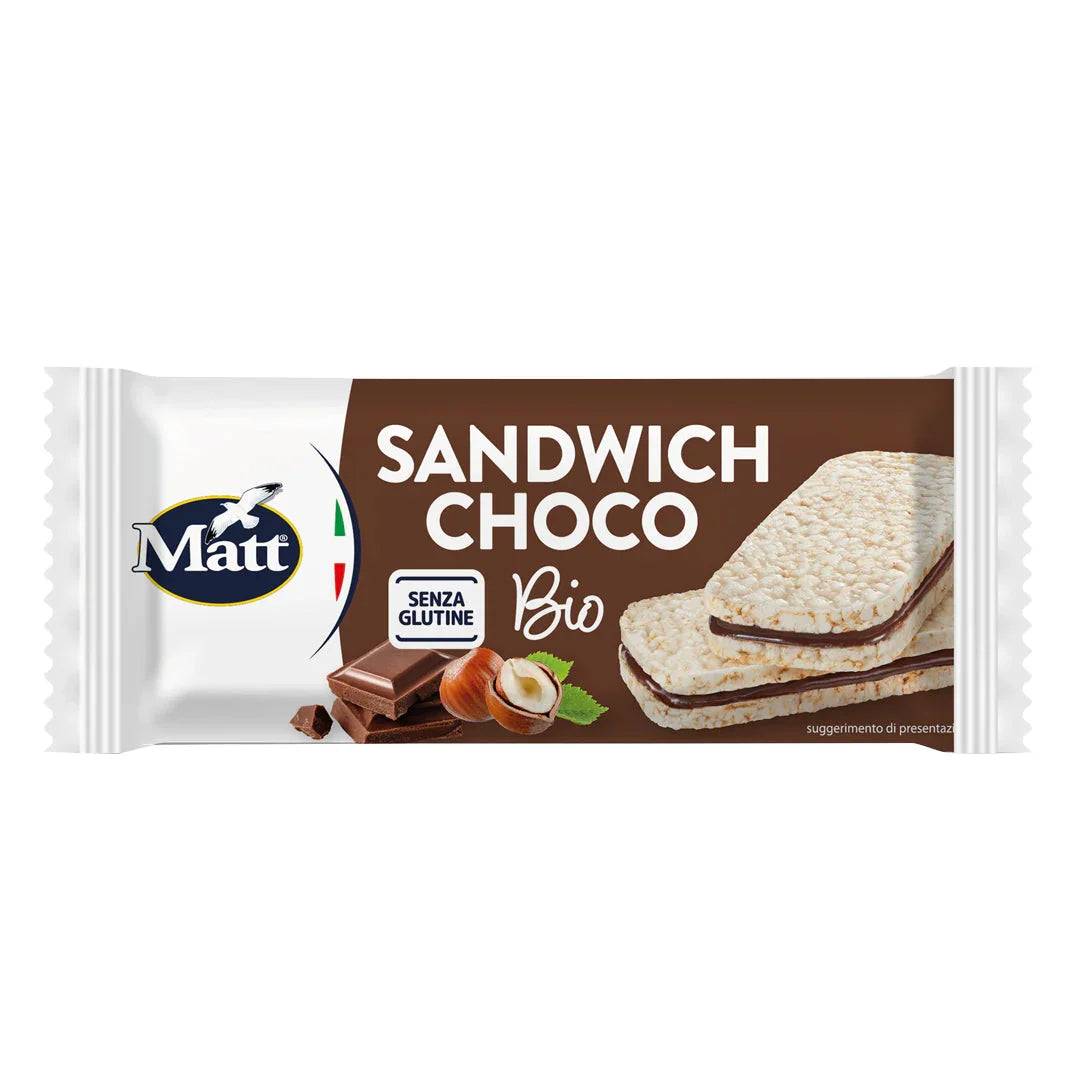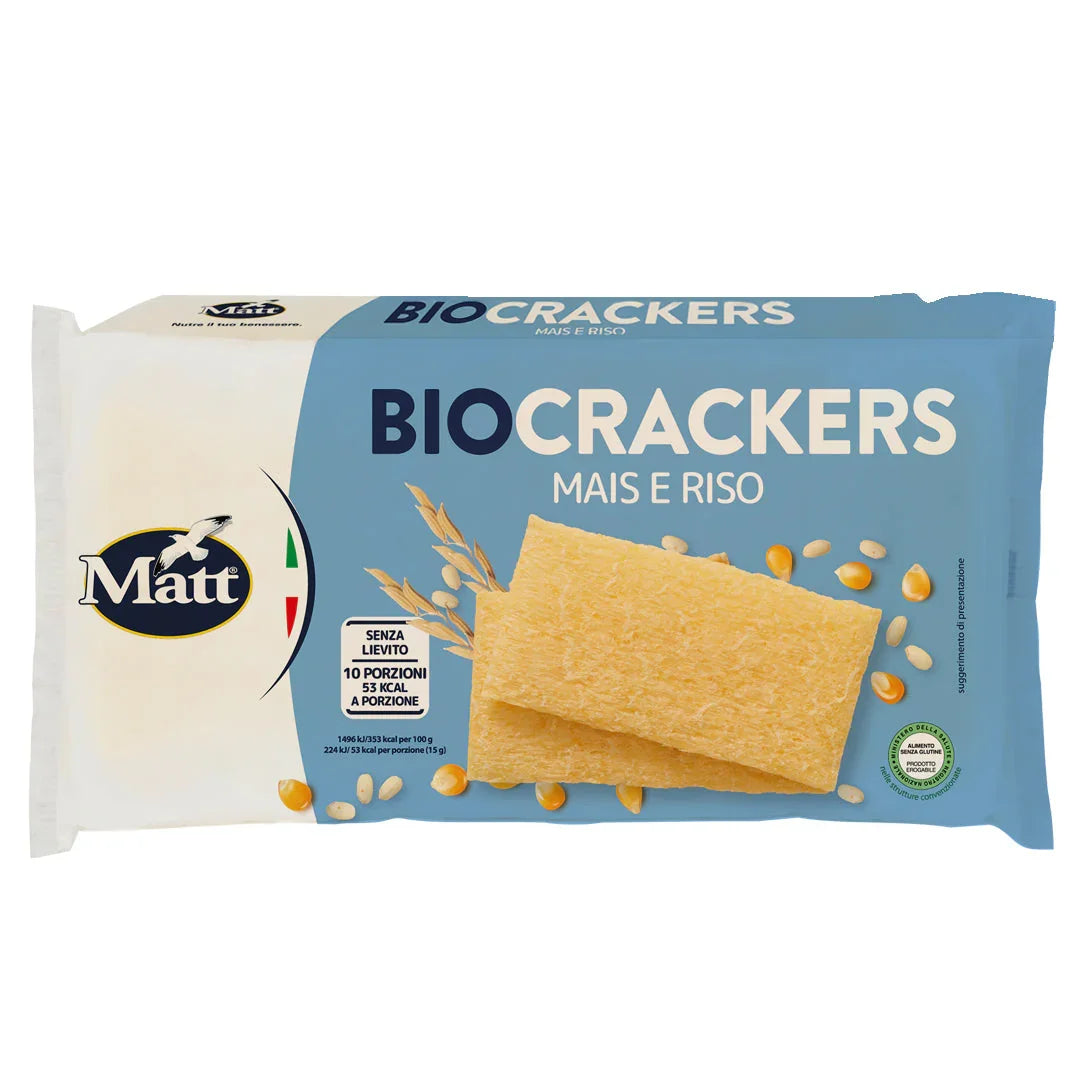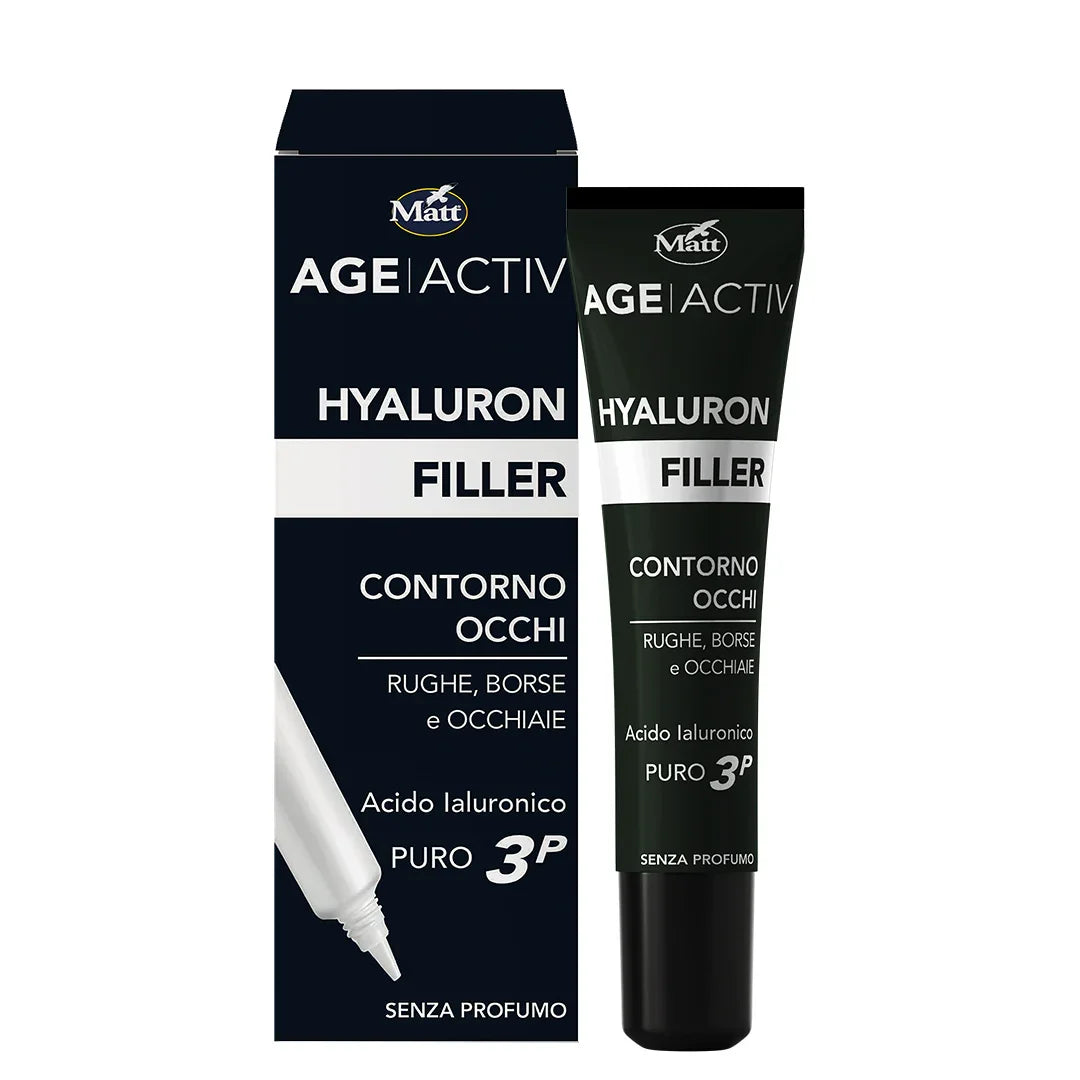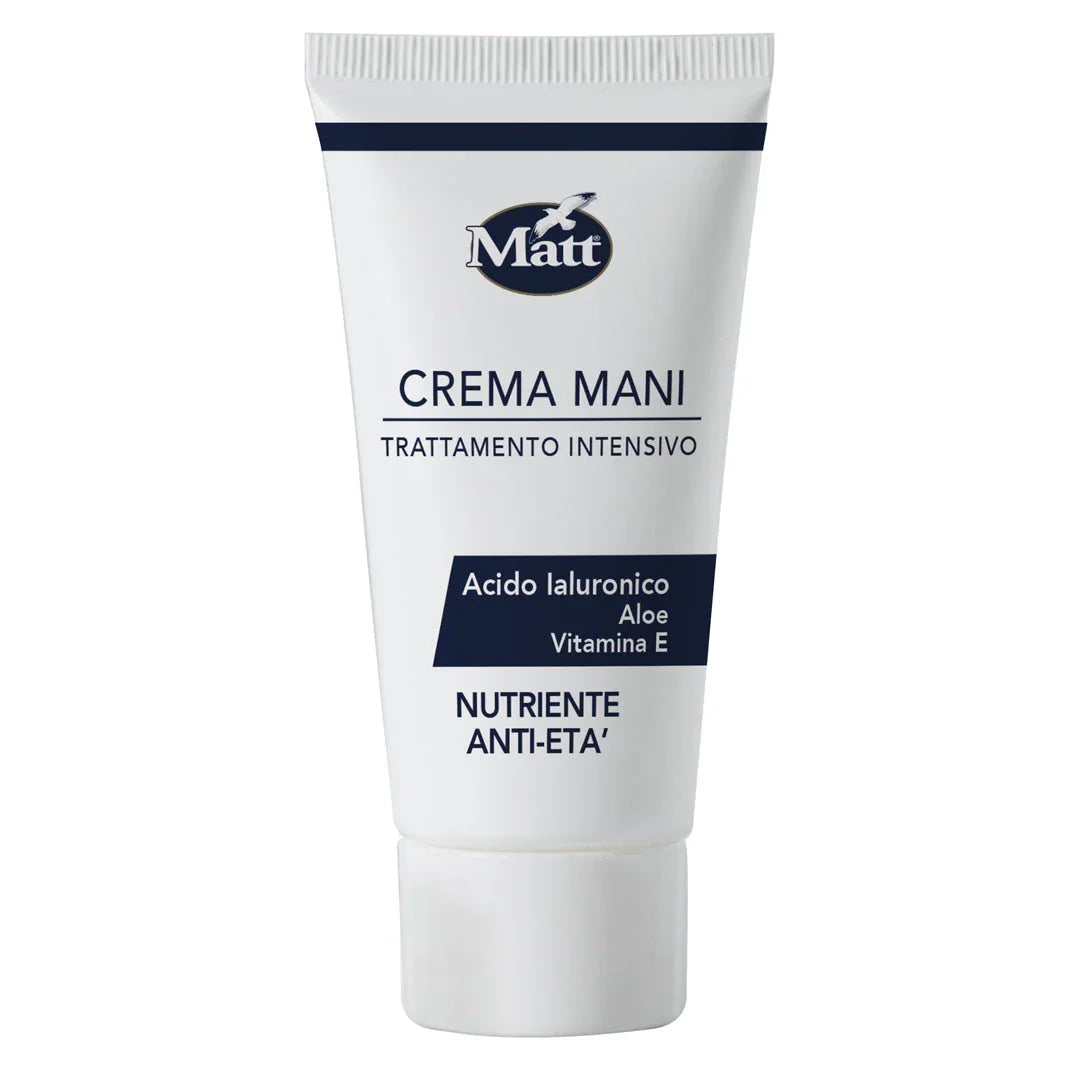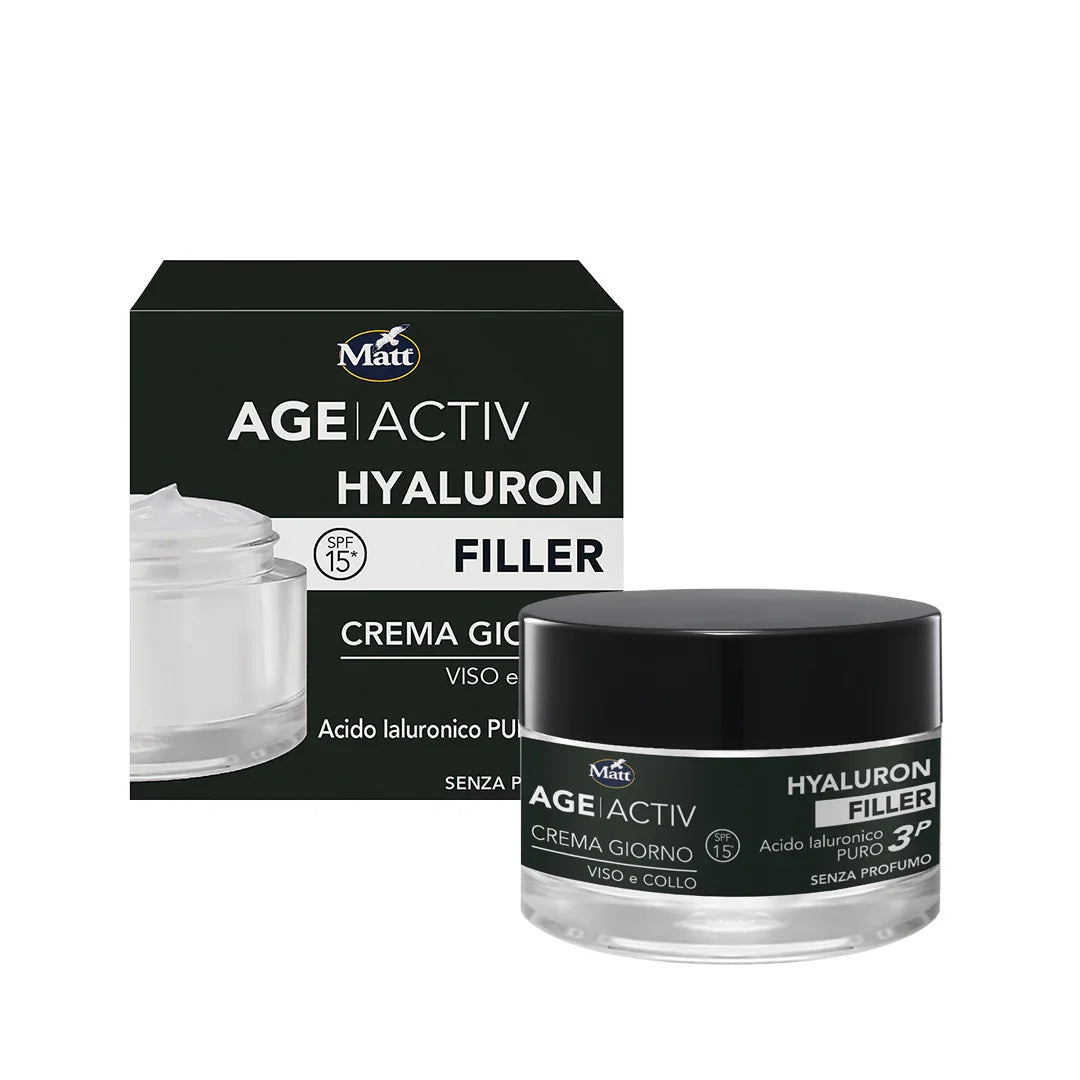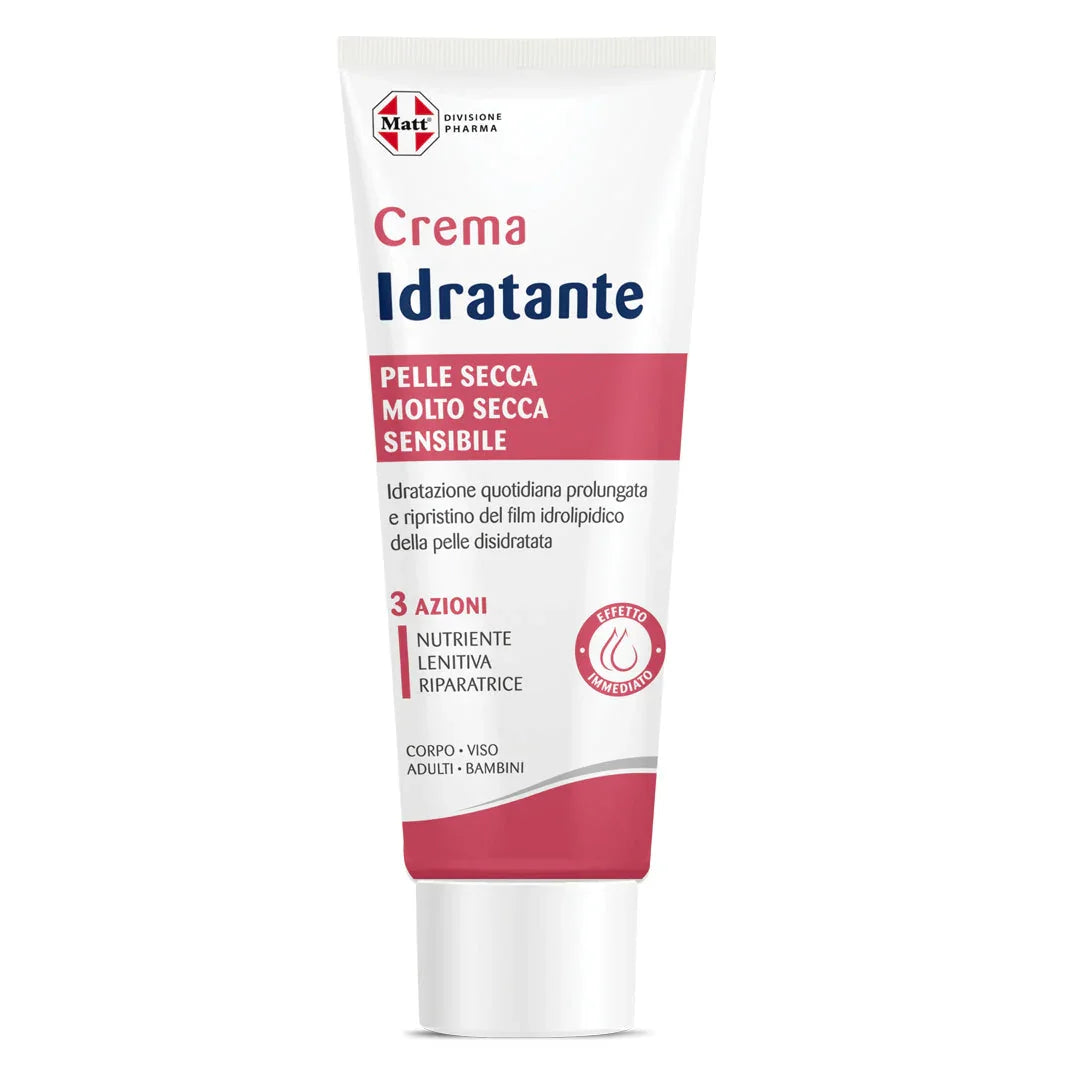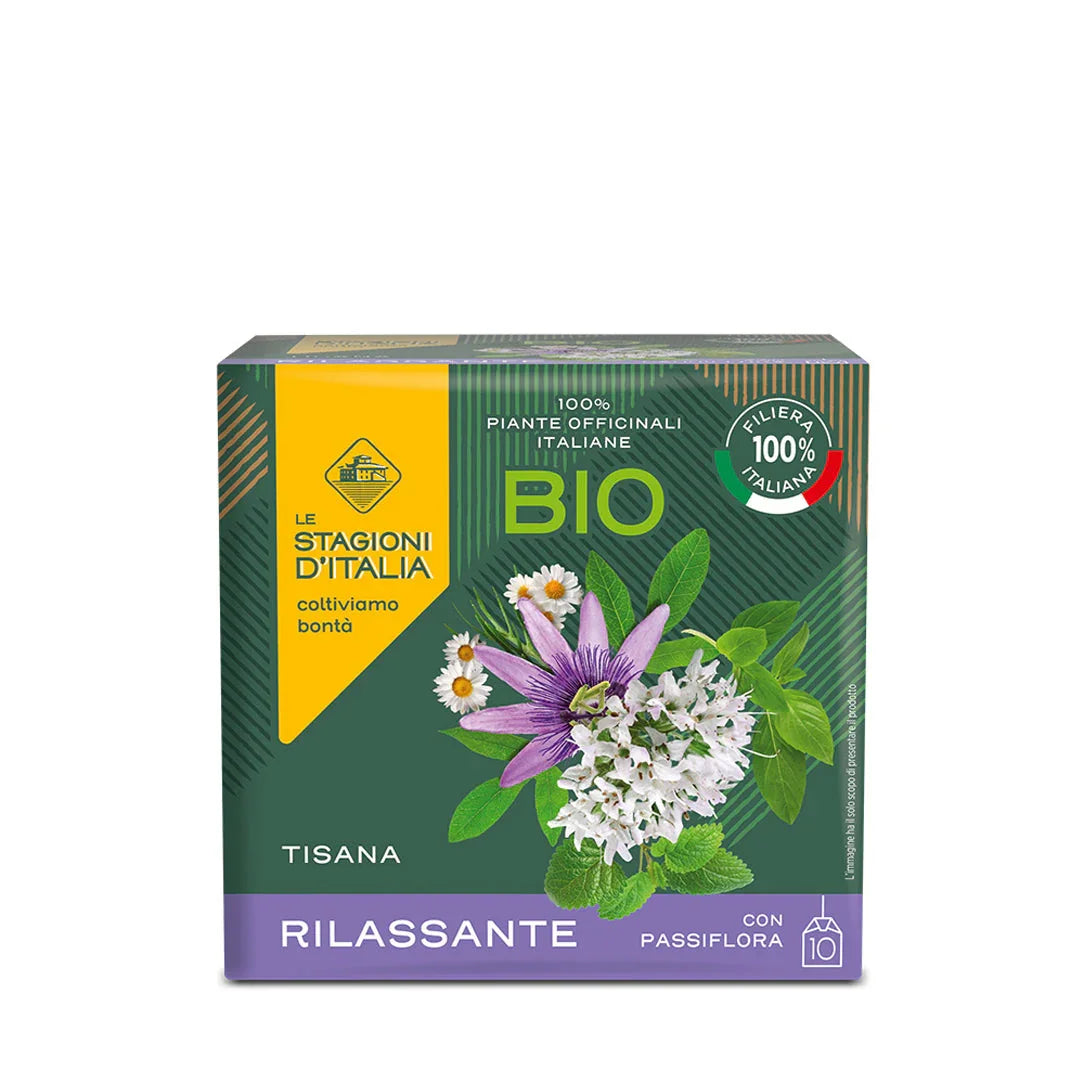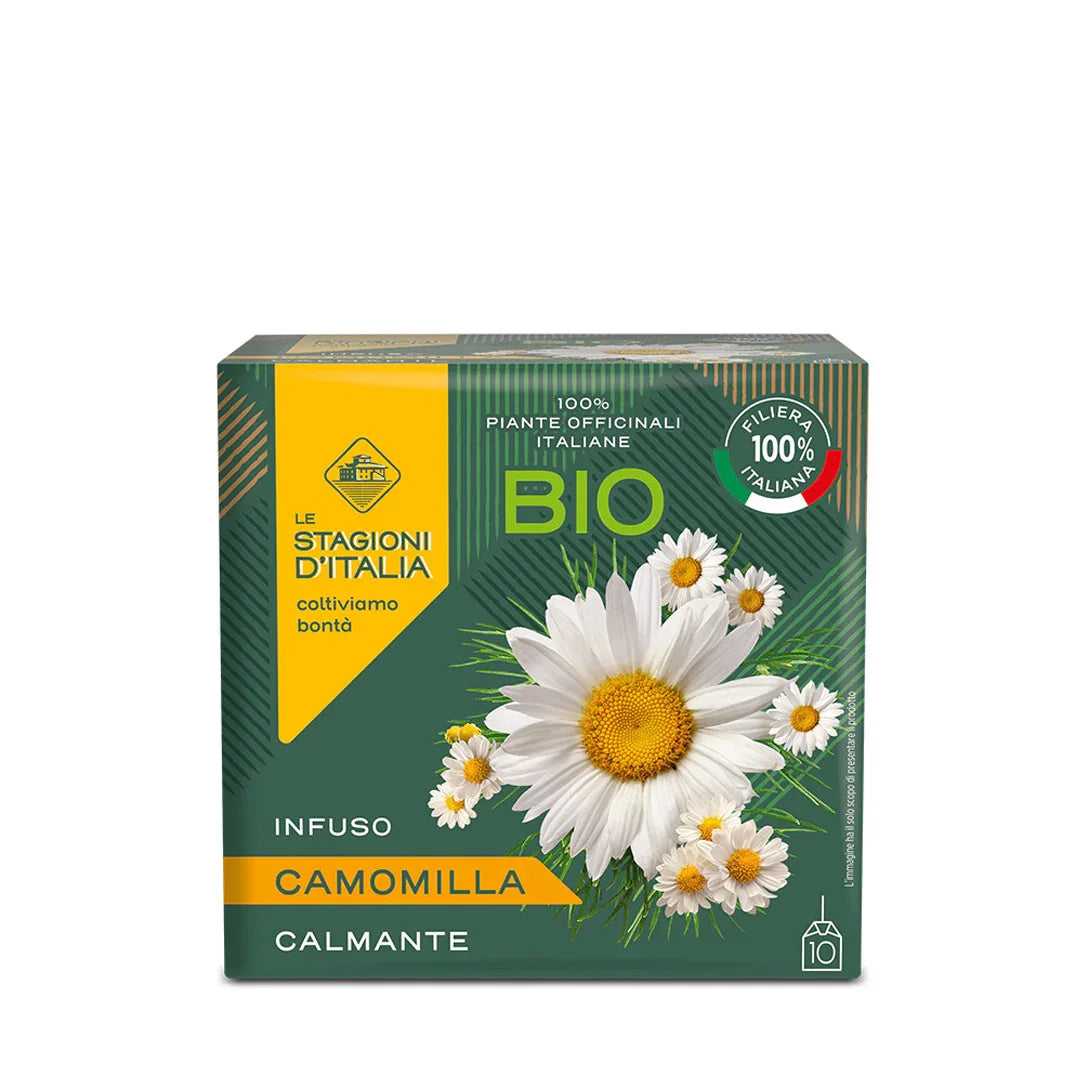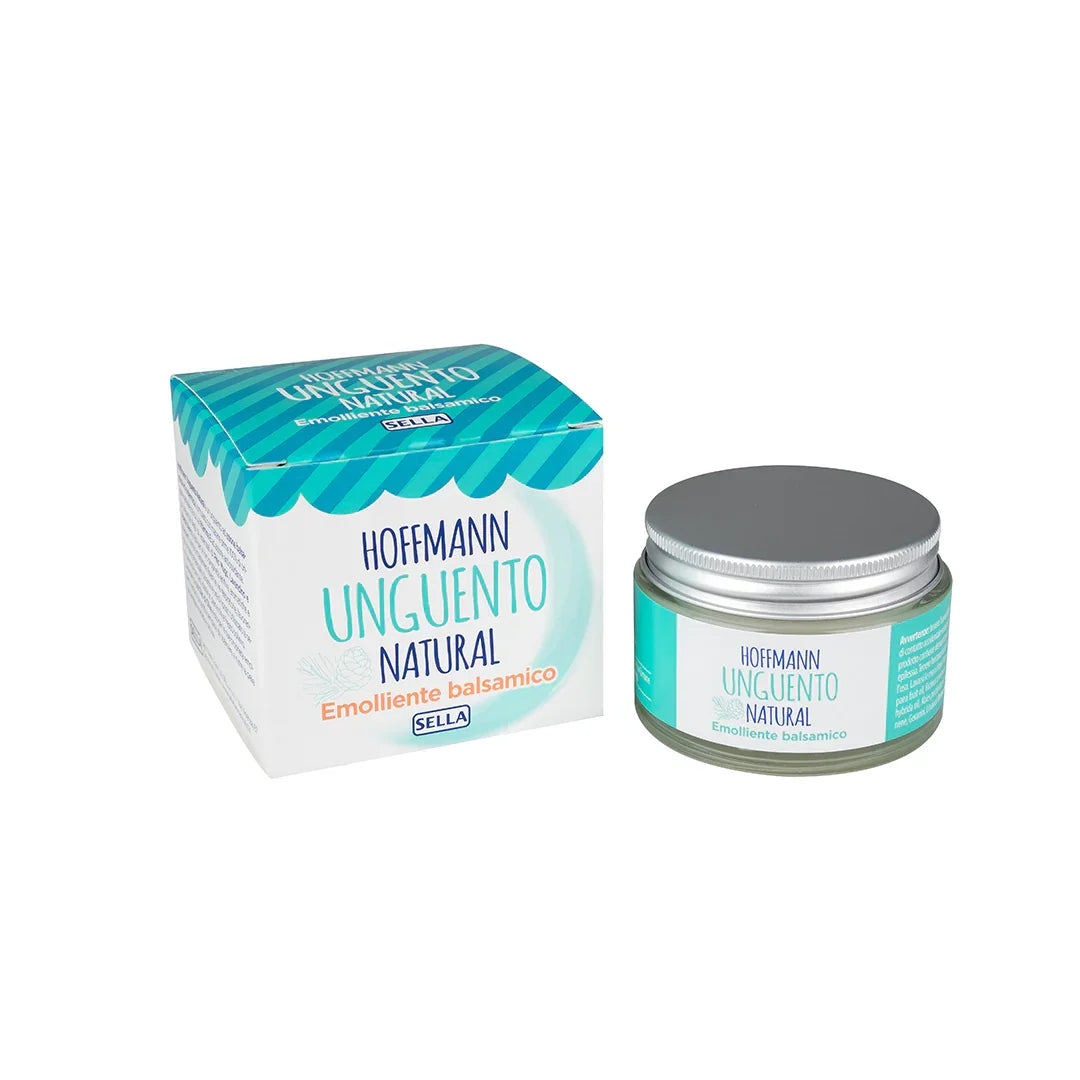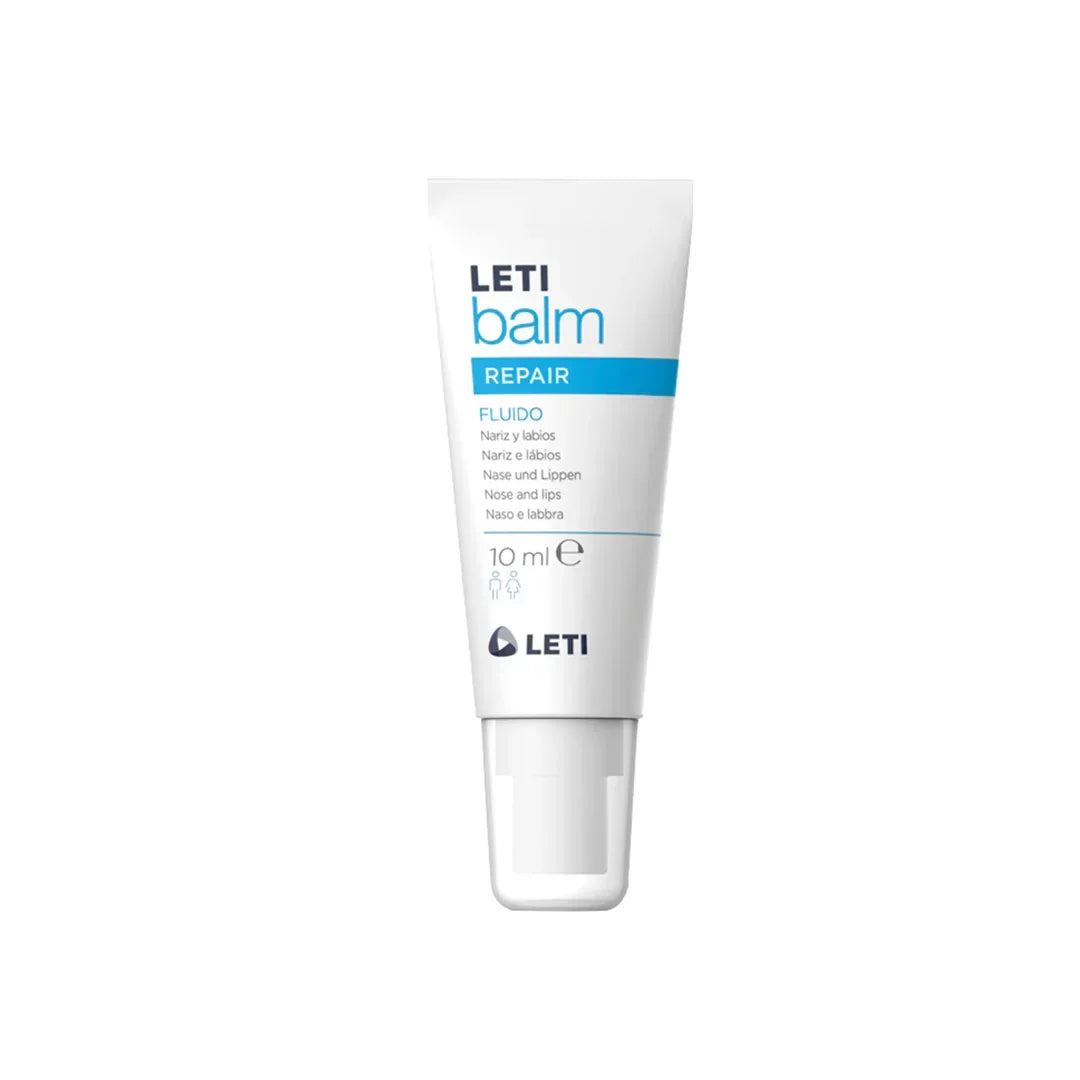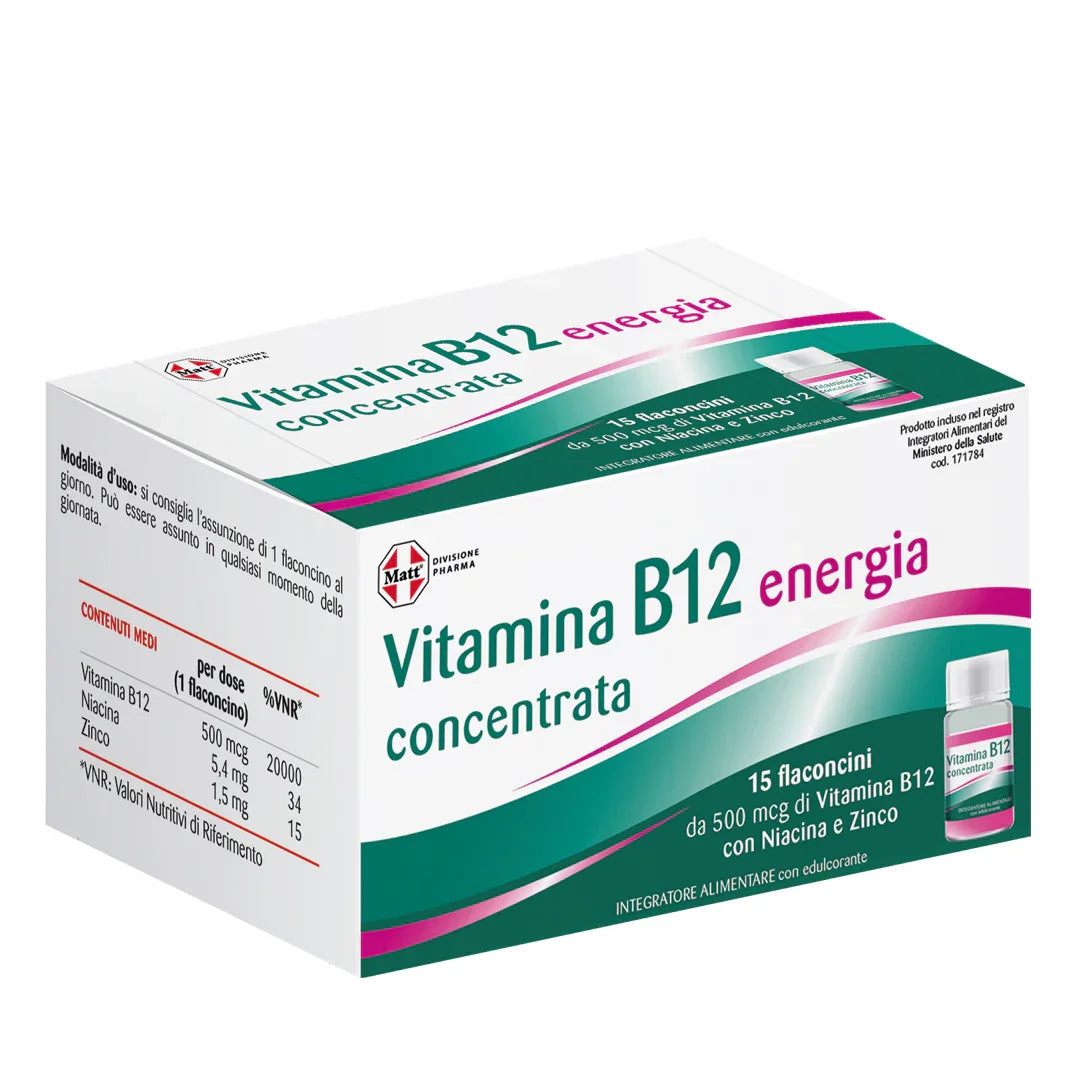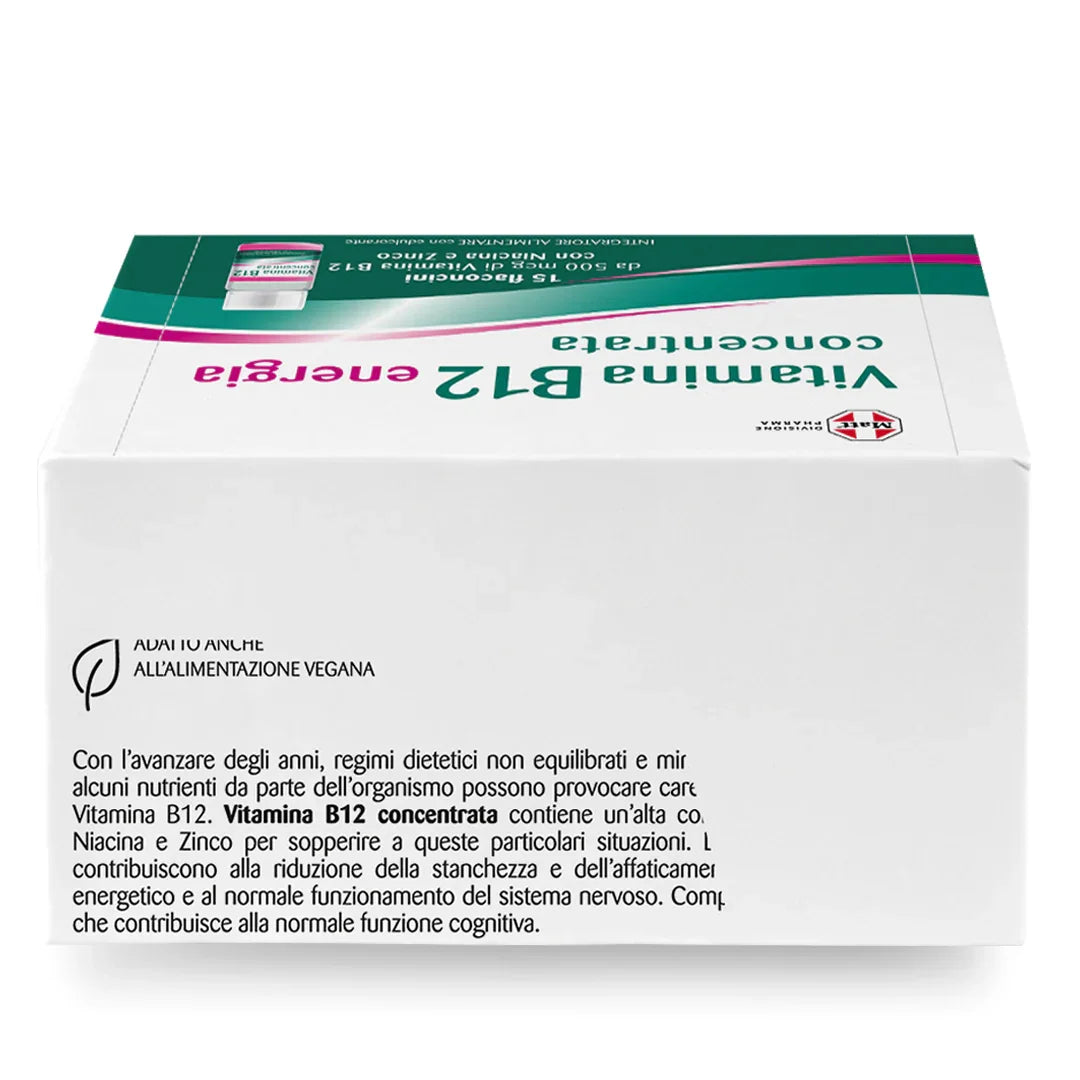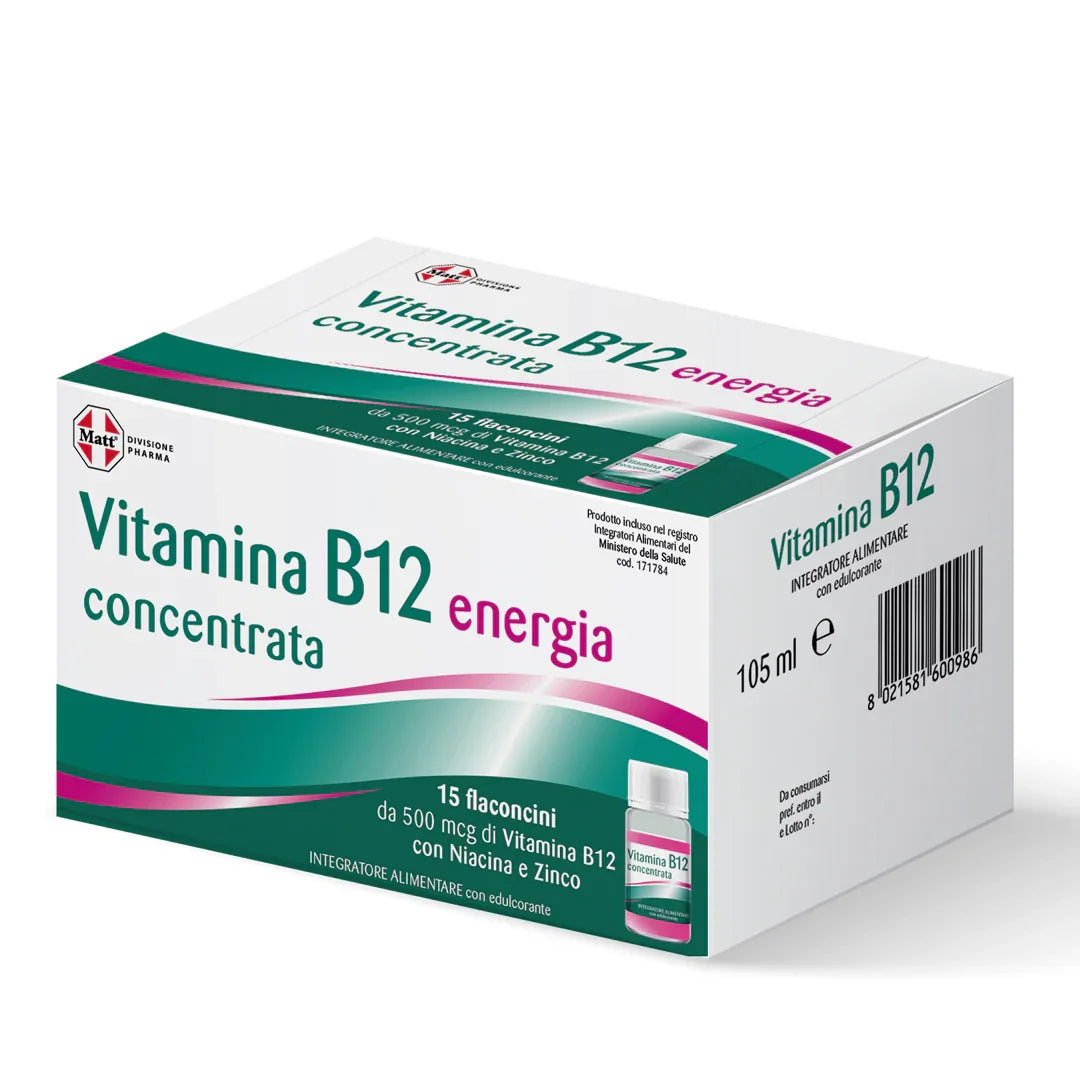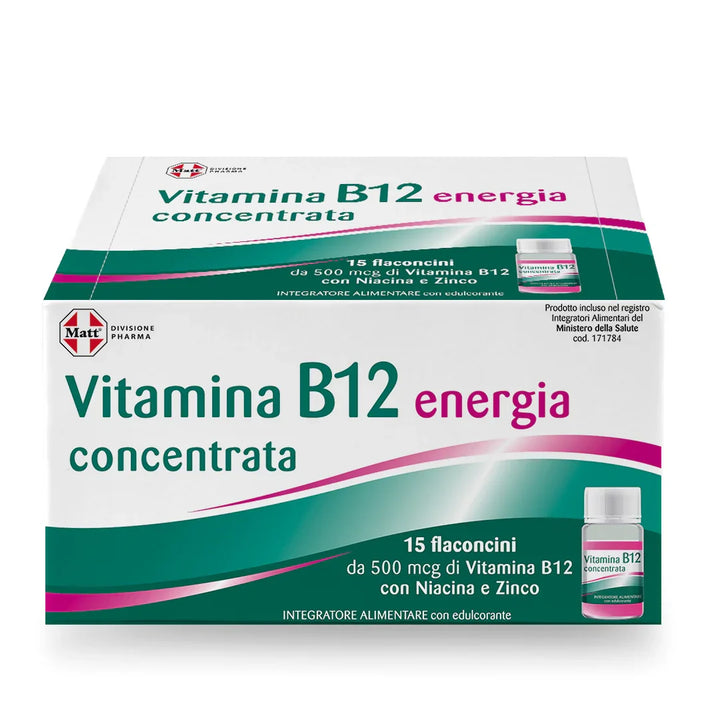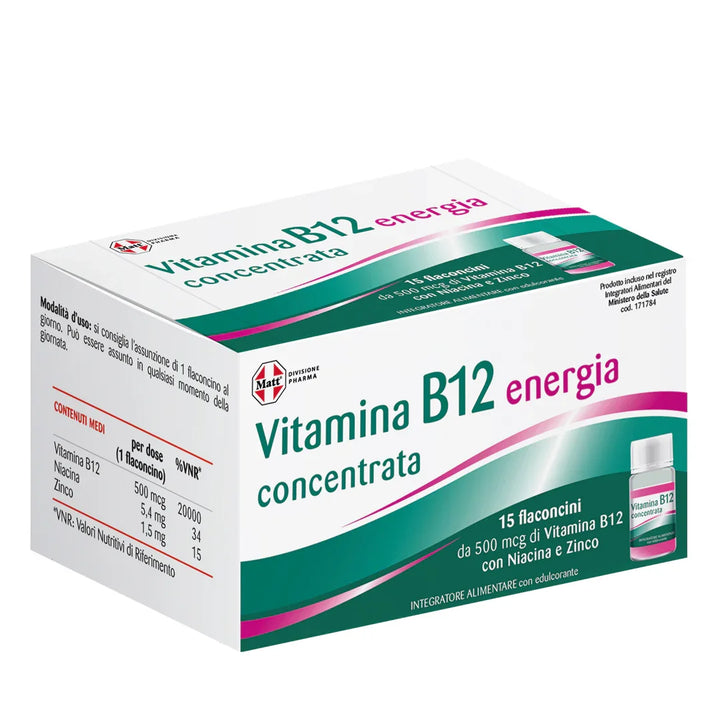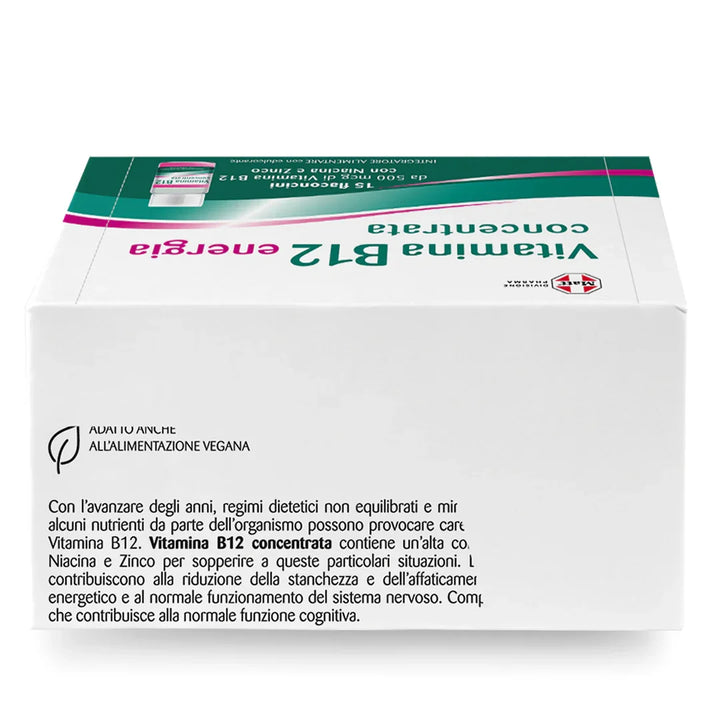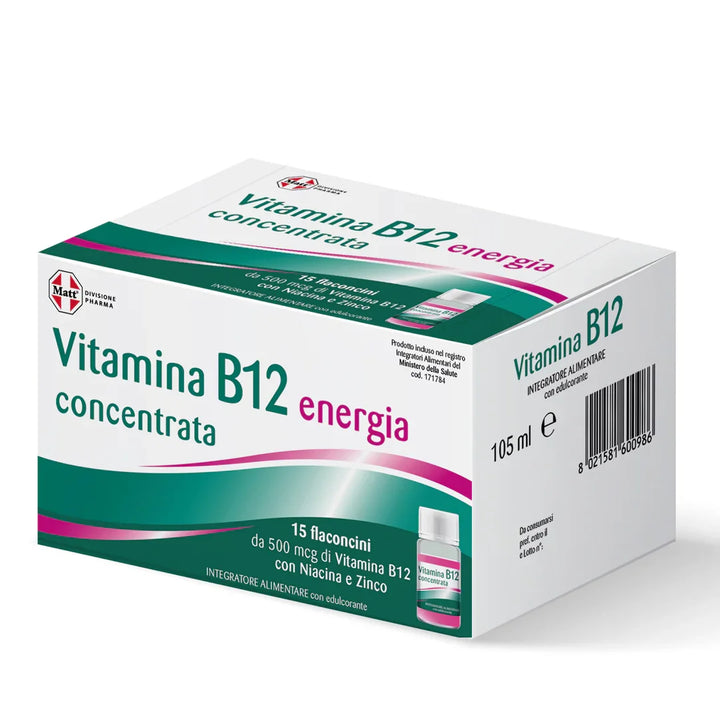In the complex landscape of modern nutrition, supplements and vitamins are often at the center of debate. Their growing popularity raises legitimate questions about their role, efficacy, and safety. To navigate this world with awareness, it's essential to rely on accurate and scientifically validated information.
The Essential Role of Vitamins in Our Health
Vitamins are organic compounds vital to our bodies, which are unable to produce them on their own in sufficient quantities. They serve as cofactors in countless metabolic reactions, from energy production to proper immune system function. A varied and balanced diet is the primary source of these micronutrients, but under certain specific conditions, the body's needs may increase.
The Most Popular Vitamins and Their Functions
-
Vitamin C: Known for its antioxidant properties, it contributes to the protection of cells from oxidative stress and the normal function of the immune system. It is found in citrus fruits, kiwis, and peppers.
- Vitamin D: Essential for maintaining healthy bones and teeth, as it contributes to the normal absorption and utilization of calcium and phosphorus. Sun exposure is its main source, but it is also found in fatty fish and egg yolk.
- B Vitamins: This diverse group of vitamins is essential for normal energy metabolism and proper nervous system function. Deficiencies in some of them can lead to tiredness and fatigue.
- Vitamin A: Contributes to the maintenance of normal vision and the proper functioning of the immune system. It is found in foods such as carrots, pumpkin, and spinach.
Food Supplements: When and Why to Evaluate Them
Food supplements are food products intended to supplement a normal diet. They are concentrated sources of nutrients or other substances with a nutritional or physiological effect. Their usefulness is not universally applicable, but can be considered in specific contexts.
When is nutritional support recommended?
- Confirmed Deficiencies: Following a nutritional analysis or blood tests, a health professional can identify a deficiency (e.g. vitamin D, iron, etc.) and recommend a targeted supplement.
- Particular Physiological Conditions: During pregnancy and breastfeeding, nutritional needs increase, sometimes making it necessary to take specific supplements. Even in phases such as menopause or in old age, targeted support can be useful.
- Specific Lifestyle or Diet: Athletes, vegetarians, or vegans may have specific nutritional needs that a typical diet may not fully meet.
- General Well-Being Support: Some supplements are formulated to aid well-being in conditions of tiredness, stress, or to support normal intestinal functions.
It is important to emphasize that a supplement should in no way replace a balanced diet and a healthy lifestyle.
Examples of Matt Supplements and Their Benefits
- Wellness Supplements : Our daily wellness line includes specific formulas for energy, sleep, digestion, and immune defense. They are formulated to support the body in a targeted way. Discover the full range here .
- Sports Supplements : For athletes, supplements can support muscle recovery and energy. The Matt sports line is designed to meet the specific needs of athletes and sportspeople. Learn more here .
The Role of Magnesium and Probiotics: Two Allies for Well-Being
Magnesium , an essential mineral, contributes to the reduction of tiredness and fatigue and to the normal functioning of the nervous and muscular systems. Magnesium supplementation can be particularly beneficial during periods of stress or intense physical activity.
Probiotics , on the other hand, are live microorganisms that, when taken in adequate quantities, confer a health benefit to the host, in particular by improving the balance of the intestinal flora.
Vitamin D: More than just a nutrient
Vitamin D, often associated with bone health, plays a broader role. Given its production is linked to sun exposure, supplementation is often recommended during the winter months or for those with a lifestyle that limits sun exposure. Learn more about this topic by reading our dedicated article here .
Conclusions: A Holistic and Informed Approach
Using supplements and vitamins is a practice that, if done consciously, can significantly support your wellness journey. Relying on authoritative sources and quality products is the first step to making an informed choice. We encourage you to consult your doctor or nutritionist before starting any supplement to ensure the product you choose is best suited to your specific needs.
FAQ
1. Can supplements cure serious diseases or deficiencies? No. Dietary supplements have no therapeutic properties and cannot cure diseases in any way. They are intended to complement the diet, not replace it. For diagnosis and treatment, it is always necessary to consult a healthcare professional.
2. What are the differences between a fortified food and a supplement? A fortified food is a food product to which one or more nutrients have been added (e.g., milk with vitamin D). A supplement is a concentrated source of nutrients or other substances, sold specifically for dietary supplementation, not to be consumed as a staple food.
3. Can I take multiple supplements at the same time? Taking multiple supplements at the same time can lead to an overdose of certain substances, with possible side effects. It's essential to read labels carefully to avoid exceeding the recommended daily doses. If in doubt, consult a doctor or pharmacist.
4. Are sports supplements safe? The safety of sports supplements, like all supplements, depends on product quality and regulatory compliance. Matt products are manufactured to ensure maximum safety and transparency, but it's essential to use them responsibly and in accordance with your nutritional and athletic needs.
5. What do nutritional and health claims mean? Claims are statements that describe or suggest that a food or supplement has particular beneficial properties. These claims must be scientifically approved and authorized by the European Food Safety Authority (EFSA) before they can be used on product labels.


